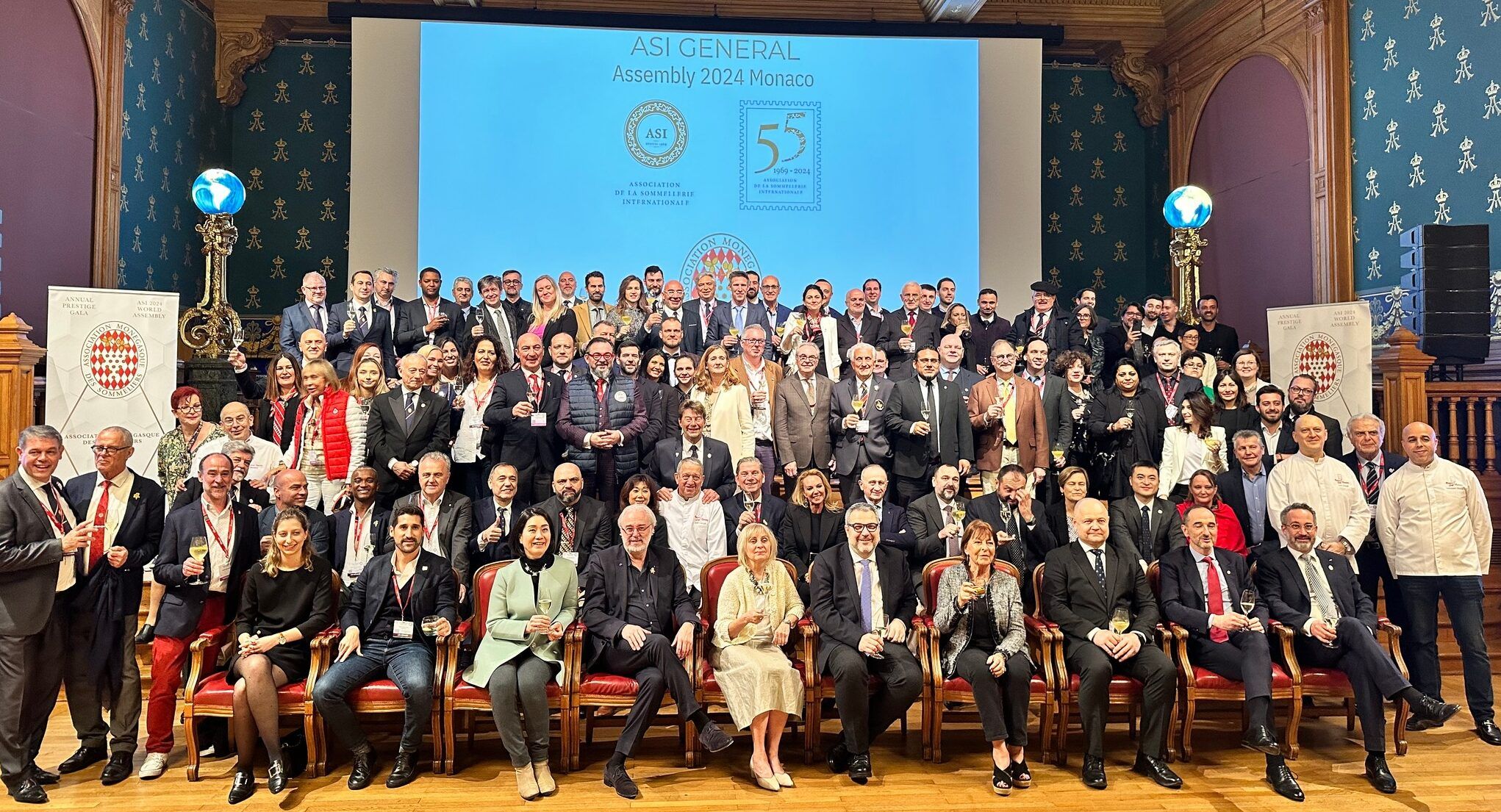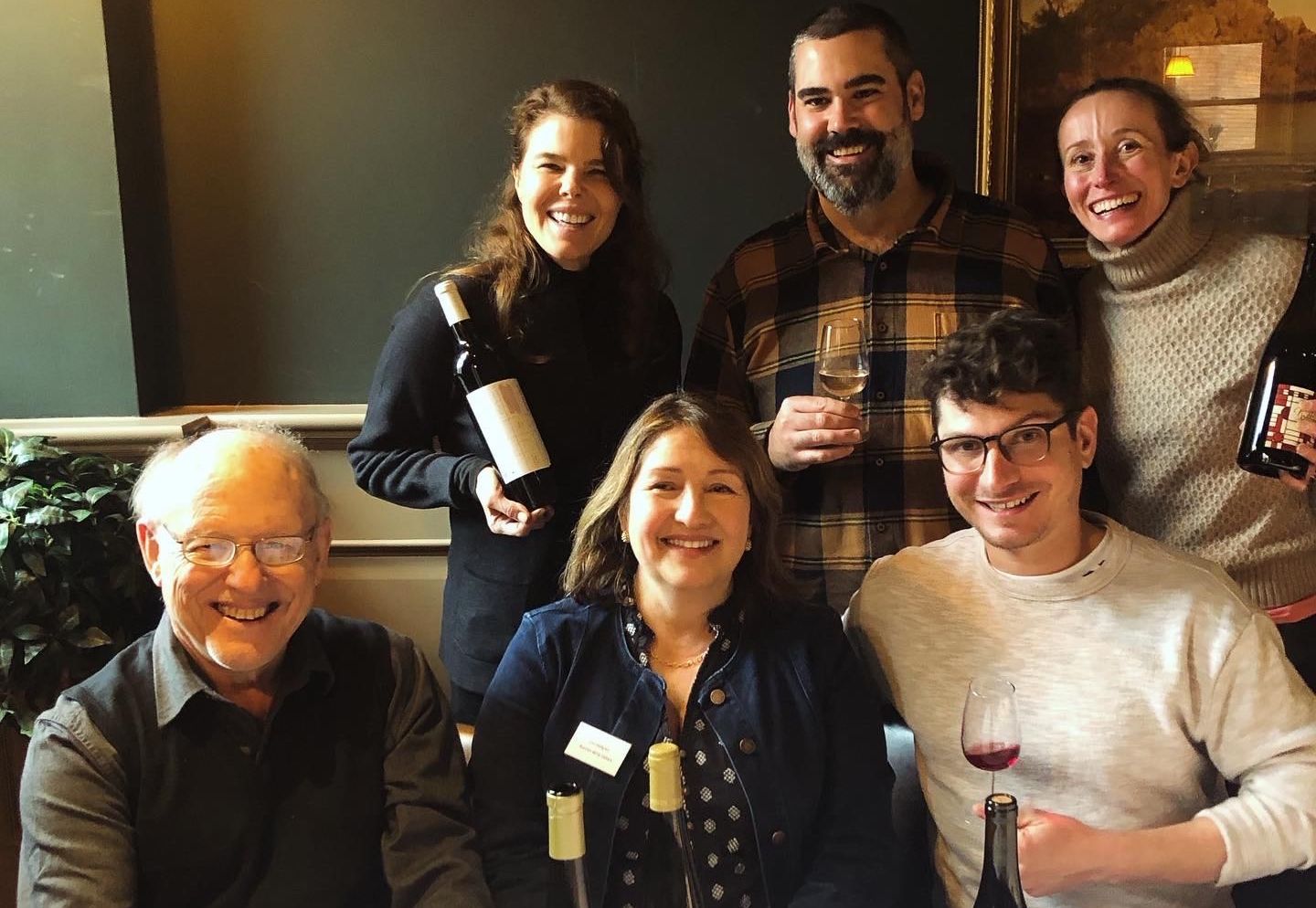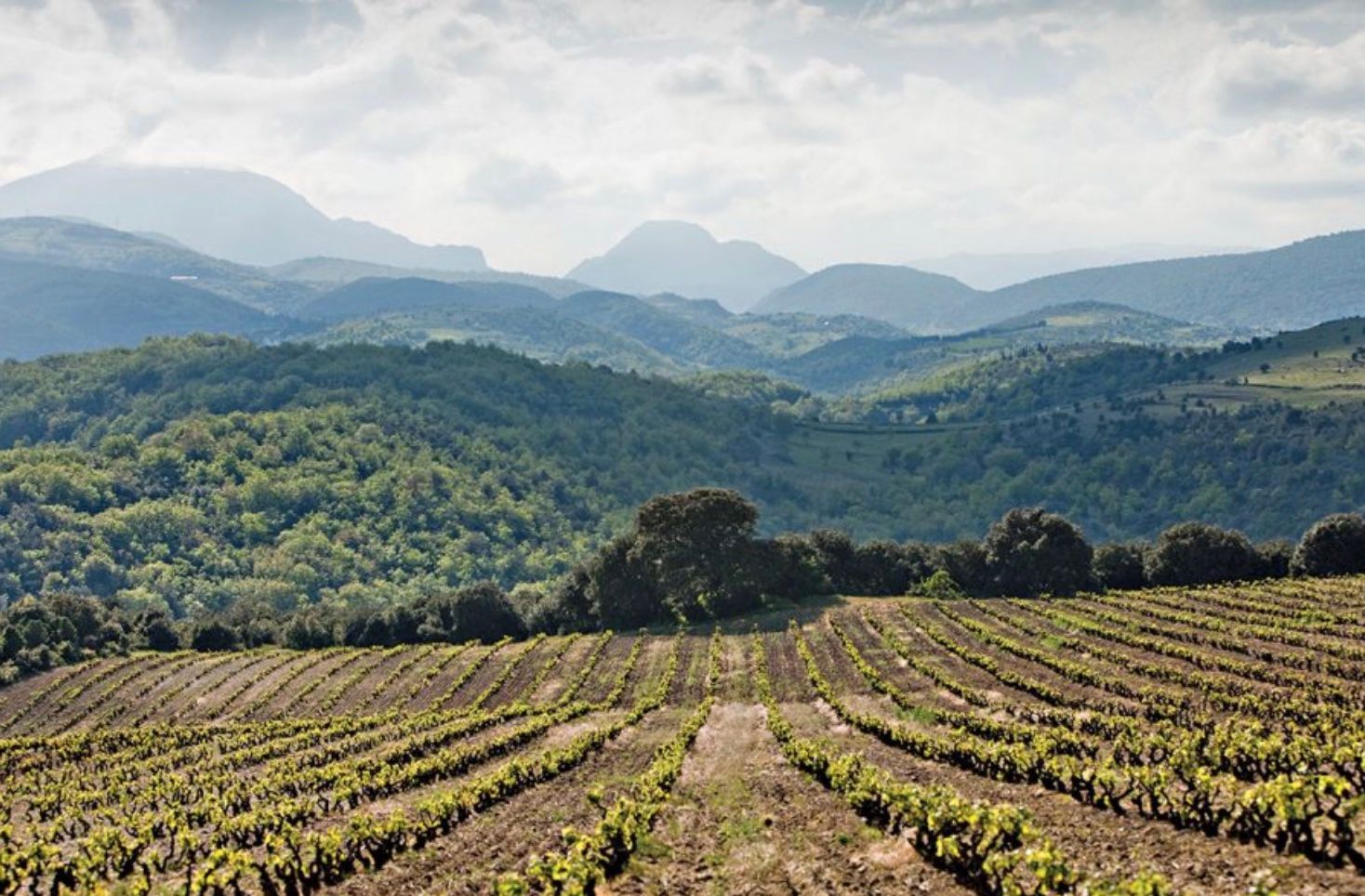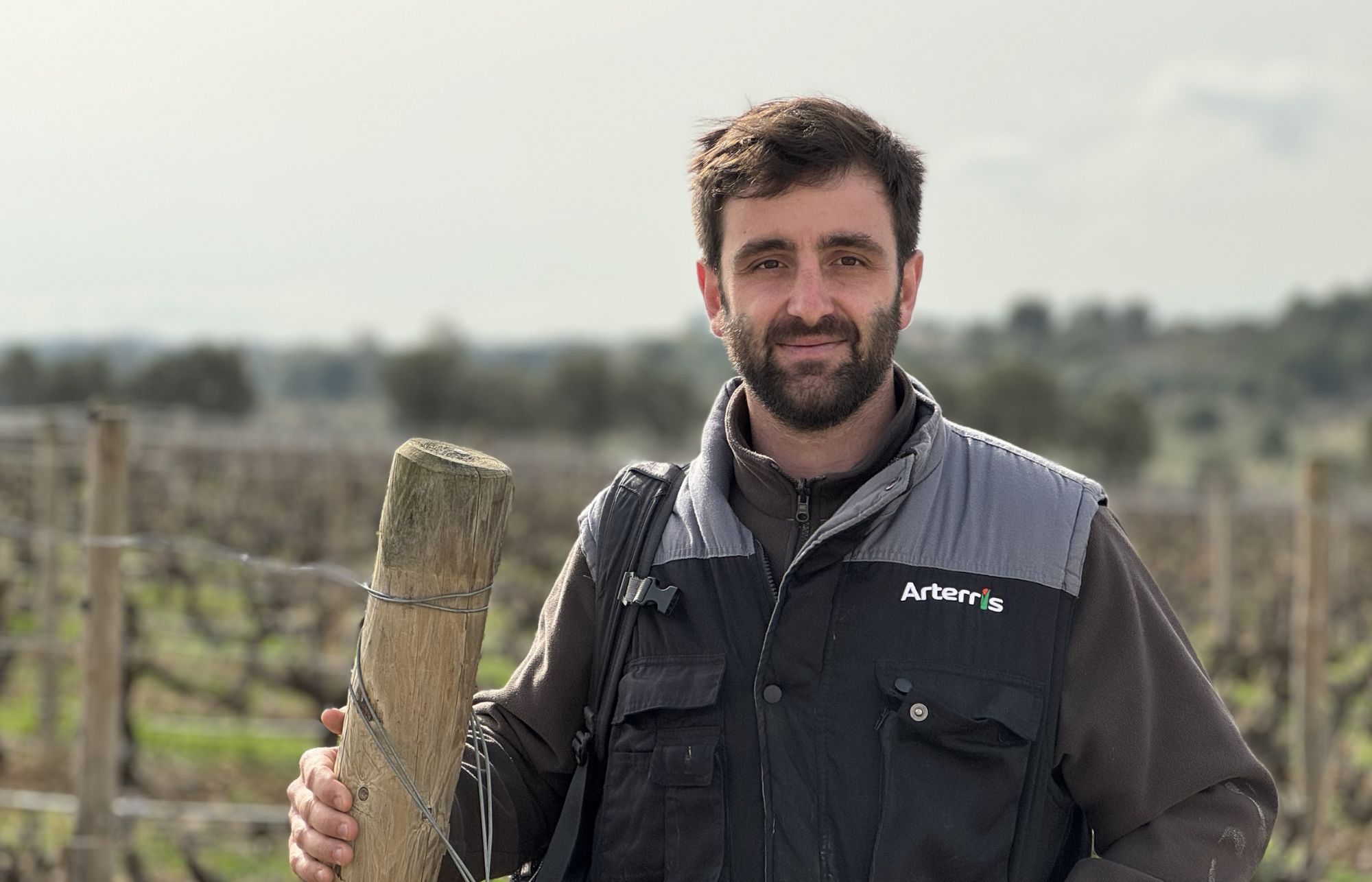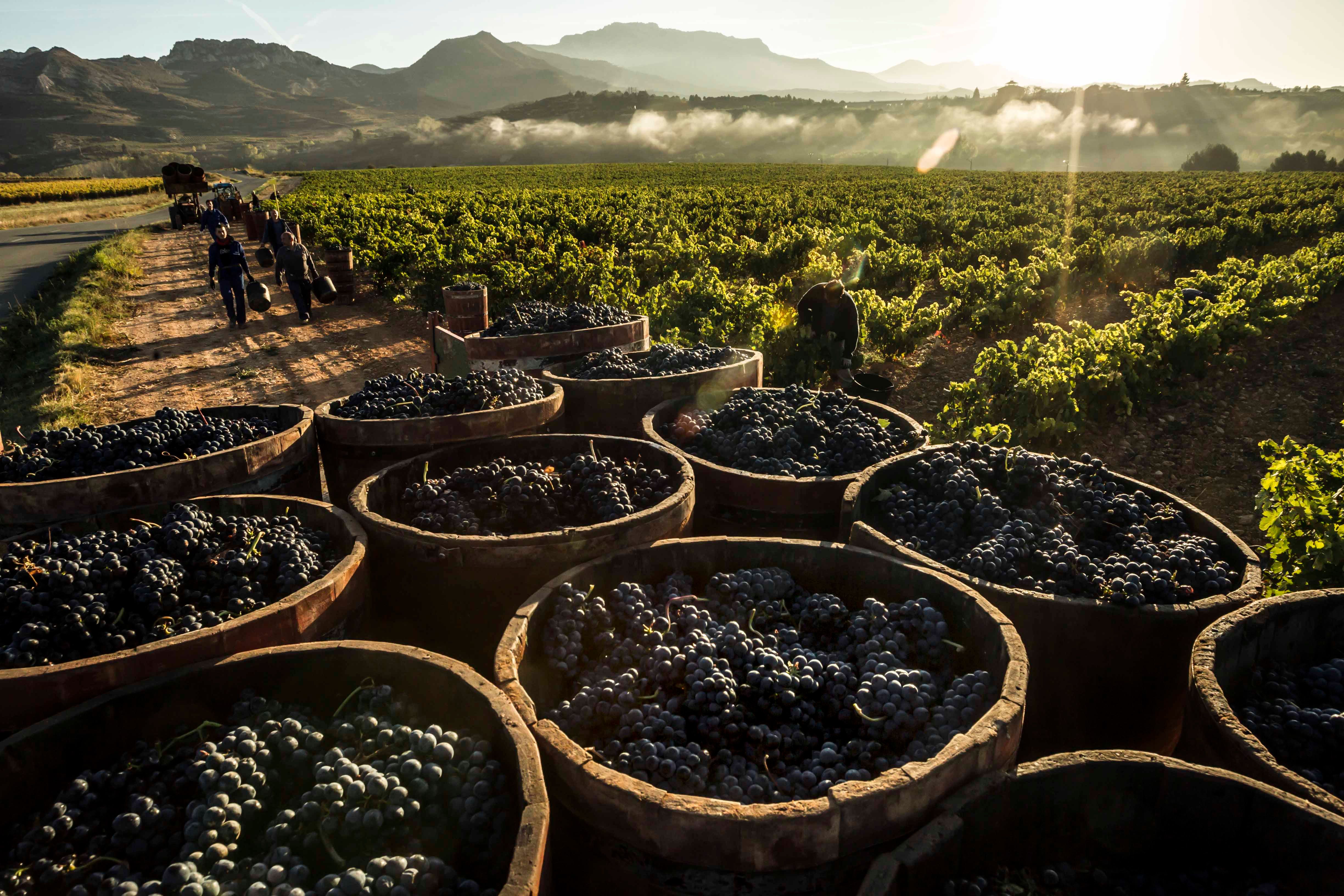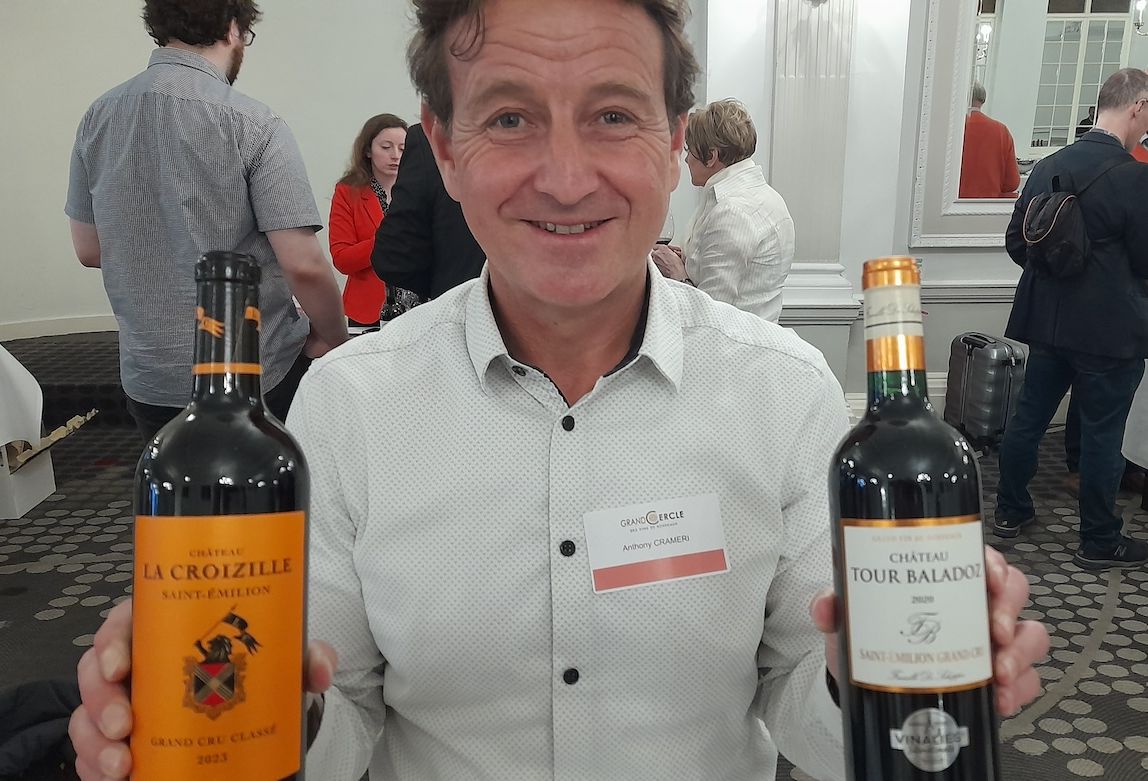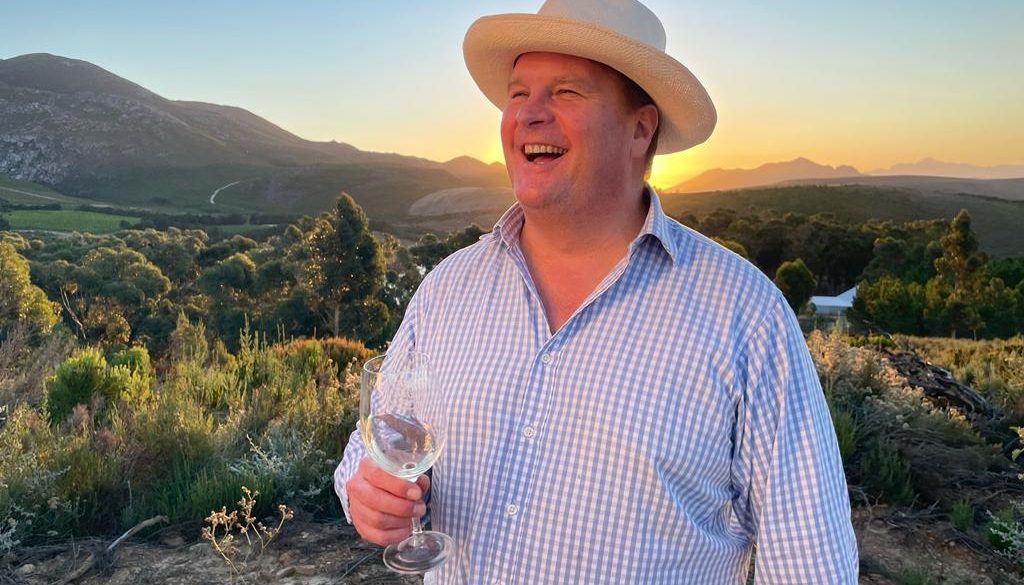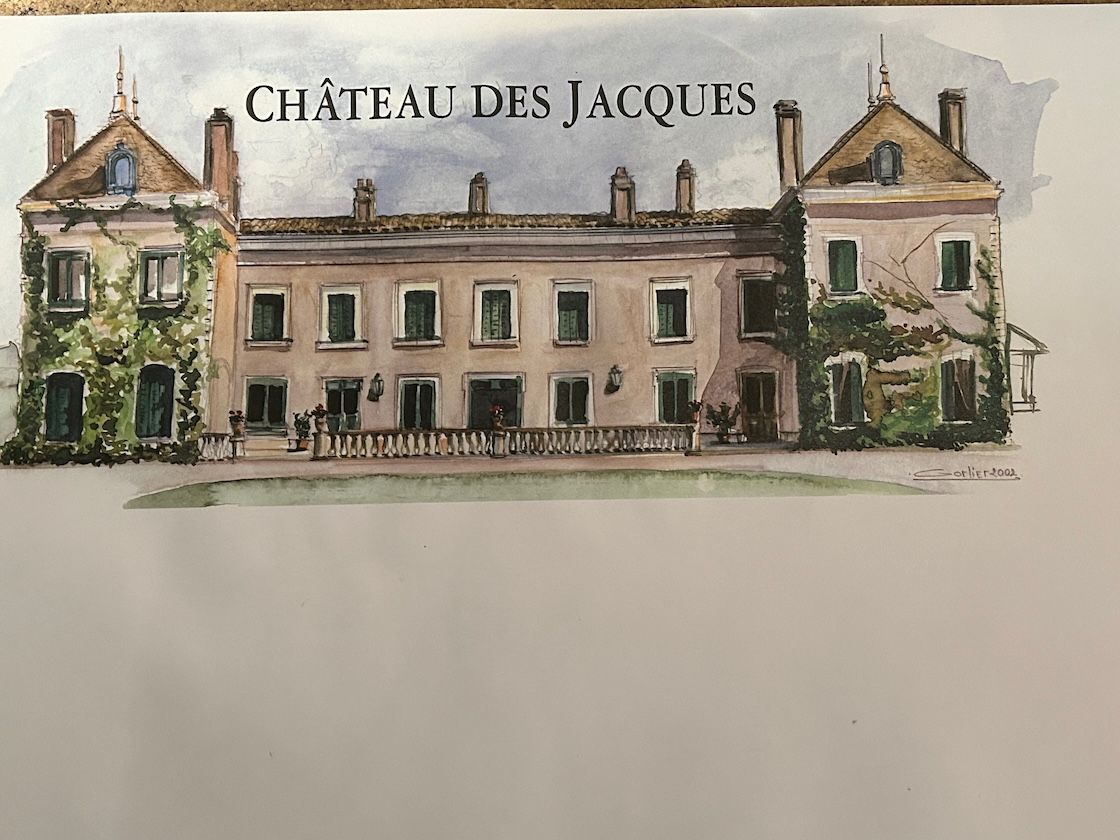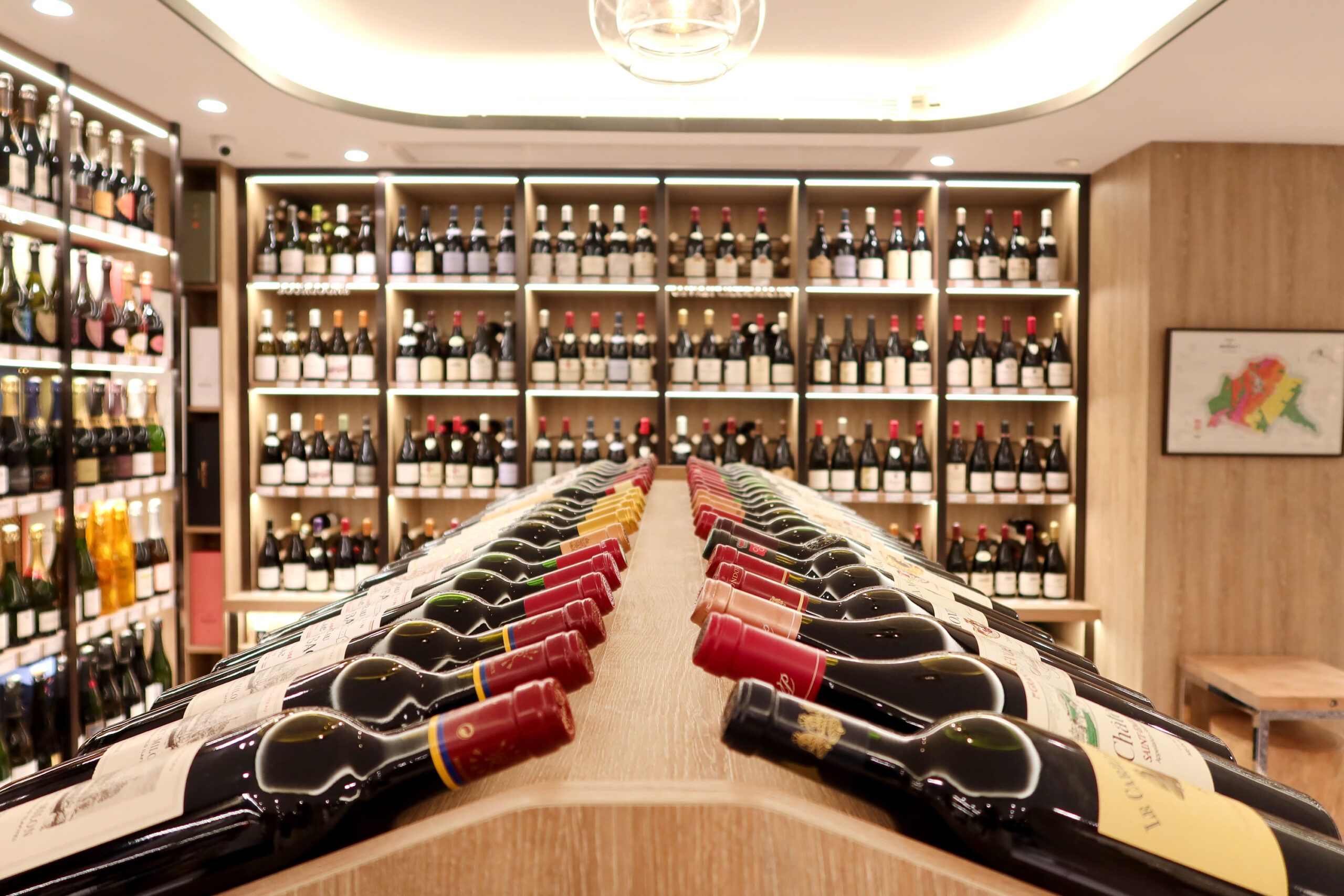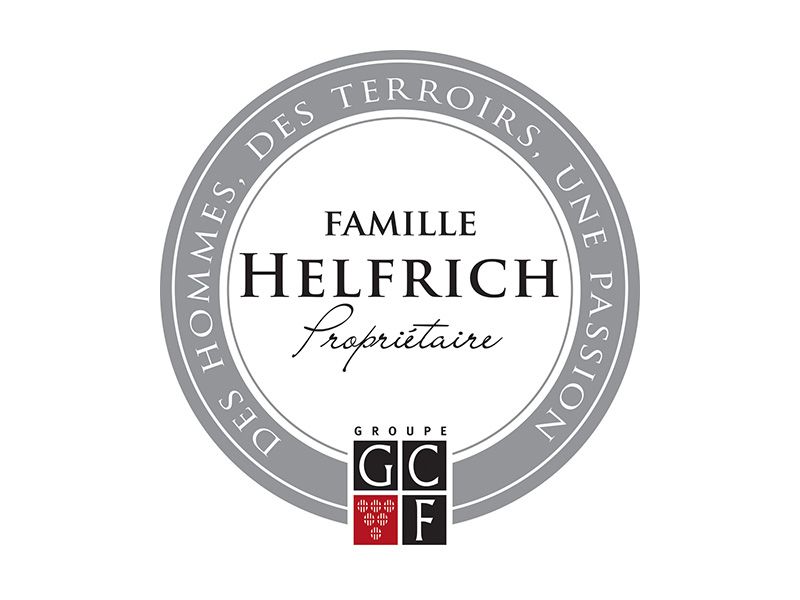Driving inclusivity and diversity across the sommelier community is key for future of Association de la Sommellerie Internationale.
It was in the fabled summer of ’69 that a group of sommeliers gathered in Reims with the aim of elevating their profession, establishing an international body to share skills and best practise, with the greater goal of promoting the art of wine service around the world.
Just shy of 55 years later the Association de la Sommellerie Internationale, or ASI, now extends to 63 national associations, with a further five waiting in the wings to be admitted.The general assembly offers an opportunity for the leaders of these national bodies to gather, review the organisation’s activities, rulebook and, of course, its broader sense of direction.
This year’s host: the minuscule, yet awe-inspiring, cliff-hugging, Côte d’Azursovereign city-state of Monaco.Home to just 36,000 people, with a disproportionate number of the world’s most famous hotels and fine dining establishments, it was the turn of the Monegasque Association des Sommeliers to welcome their peers, laying on a series of events around the small principality, with the delegates based at its beachfront Méridien hotel.
Focusing on inclusion
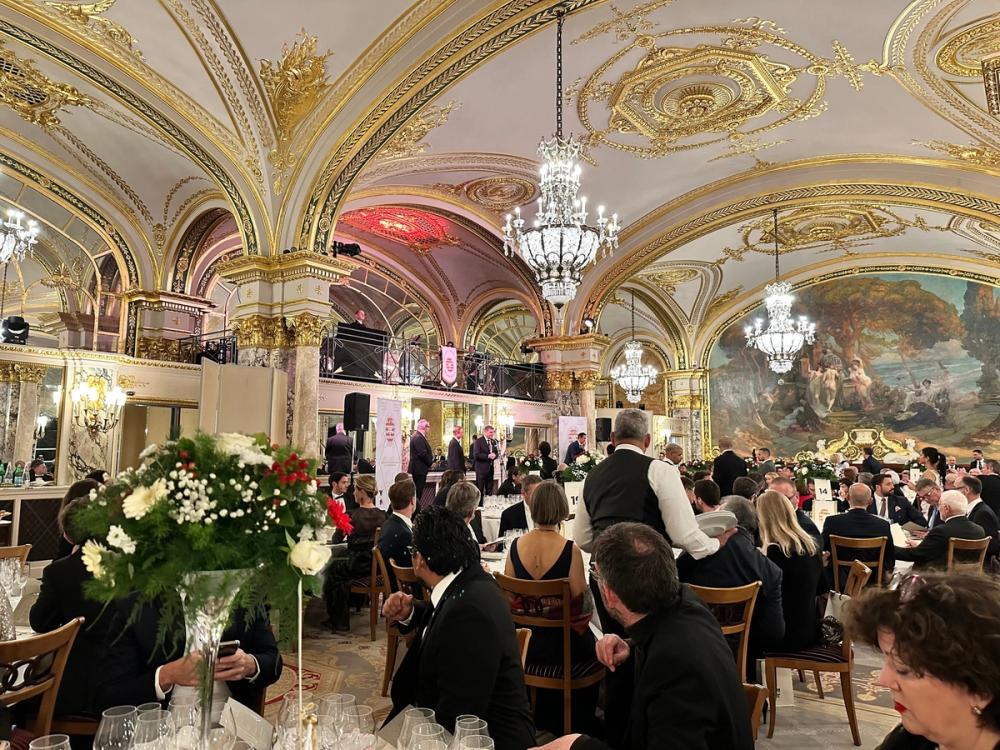
The fine surroundings of Monaco was a suitable setting for the Association de la Sommellerie Internationale general assembly and here at the gala dinner at Hotel de Paris
The ASI is probably most famous for its competitions, a global series of regional level championships that lead to what must surely the pinnacle of wine service: the notoriously demanding, triennial contest to find the world’s best sommelier, a title currently held by Latvian, Raimonds Tomsons, and famously won for the UK in 2010 by the late Gérard Basset OBE MS MW.
While such accolades might hog the headlines, the organisation has, in recent years, quietly evolved to champion diversity, inclusion and training within the industry, aiming to ensure a mix of talent that better reflects the modern world while bringing wine knowledge to those that might otherwise struggle to find the first step on the ladder that leads to the upper echelons of the service industry.
At the same time, there is also a clear code of conduct outlining the behaviours expected from all member organisations.Though white males still significantly outnumbered everyone else among the delegates in Monte Carlo, there was also evidence that things are changing.
“We are building a strong, unified, and truly global association that focuses on supporting all sommeliers, not only those already at the pinnacle of their careers,” says William Wouters, who has been ASI president for the past two years and is now elected to serve a further four.
“We believe in supporting all those who choose this profession, regardless of their culture, gender, ethnicity or religion … in just a few short years, our educational offerings have gone from fragmented and focused on the few, to cohesive and in support of the many.”
Education first
The ASI offers an educational framework for sommeliers to build a consistent body of knowledge, through a series of modules, leading to its diploma qualification, but Wouters is evidently especially proud of its ‘boot camp’ programme, launched in Warsaw in 2021, where the industry’s leading lights volunteer their time to visit a specific country, or region, to share knowledge, experience and best practise with the next generation.
“These are exciting times,” he tells me.“The boot camps have been a great innovation, focused on a new generation of sommeliers learning from the best.”
Though a woman is yet to be awarded the coveted title of world’s best sommelier, Wouters believes it is on the horizon, but continuing to drive inclusivity is key: “I hope it happens and I certainly believe it can. I would personally love it.”
One significant change to emerge from the behind-closed-door discussions at this year’s general assembly centred on the role of language in its global competitions.
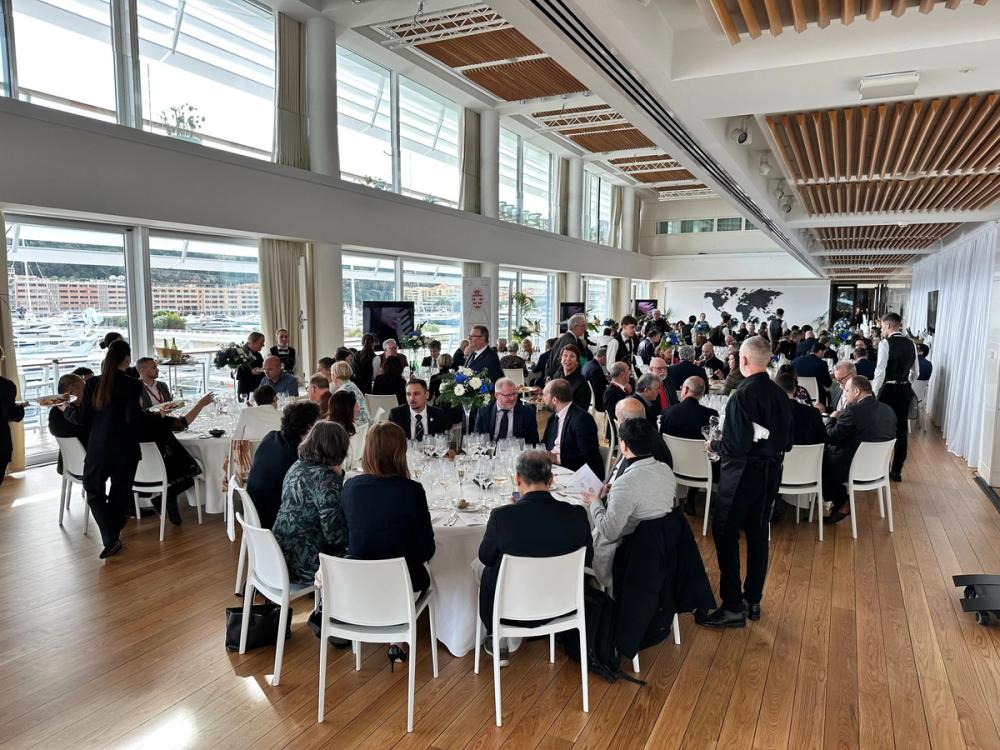
The conference at the ASI general assembly was held at Monaco’s prestigious Royal Yacht Club
The ASI operates in three languages, English, French and Spanish, and until now, to win the accolade, a sommelier must undertake the respective challenges in a second language, from one of the three.This, it was argued, disadvantaged those who only possess one language, particularly those in the English-speaking world.
Delegates decided to amend the rules, to permit an entrant to use their mother tongue, while also awarding additional marks – 15% in the quarter-finals, 10% in the semi-finals and 5% in the finals – to those able to perform in a second language.
“We don’t punish, we reward,” says Wouters.“A second language will no longer be essential (for the competition), but there must still be a bonus for using one.”
Conquering climate change
Though the assembly’s agenda was firmly focused on matters closer to home, the global threat posed by climate change was chosen as the theme for the keynote speech of the event, at a conference hosted in the meeting room of the Yacht Club of Monaco, sponsored by principality’s regal ruler, His Serene Highness Prince Albert II, and presented by Frédéric Drouhin, chairman of Maison Joseph Drouhin, with Fabrice Sommier, president of the French sommeliers’ union.
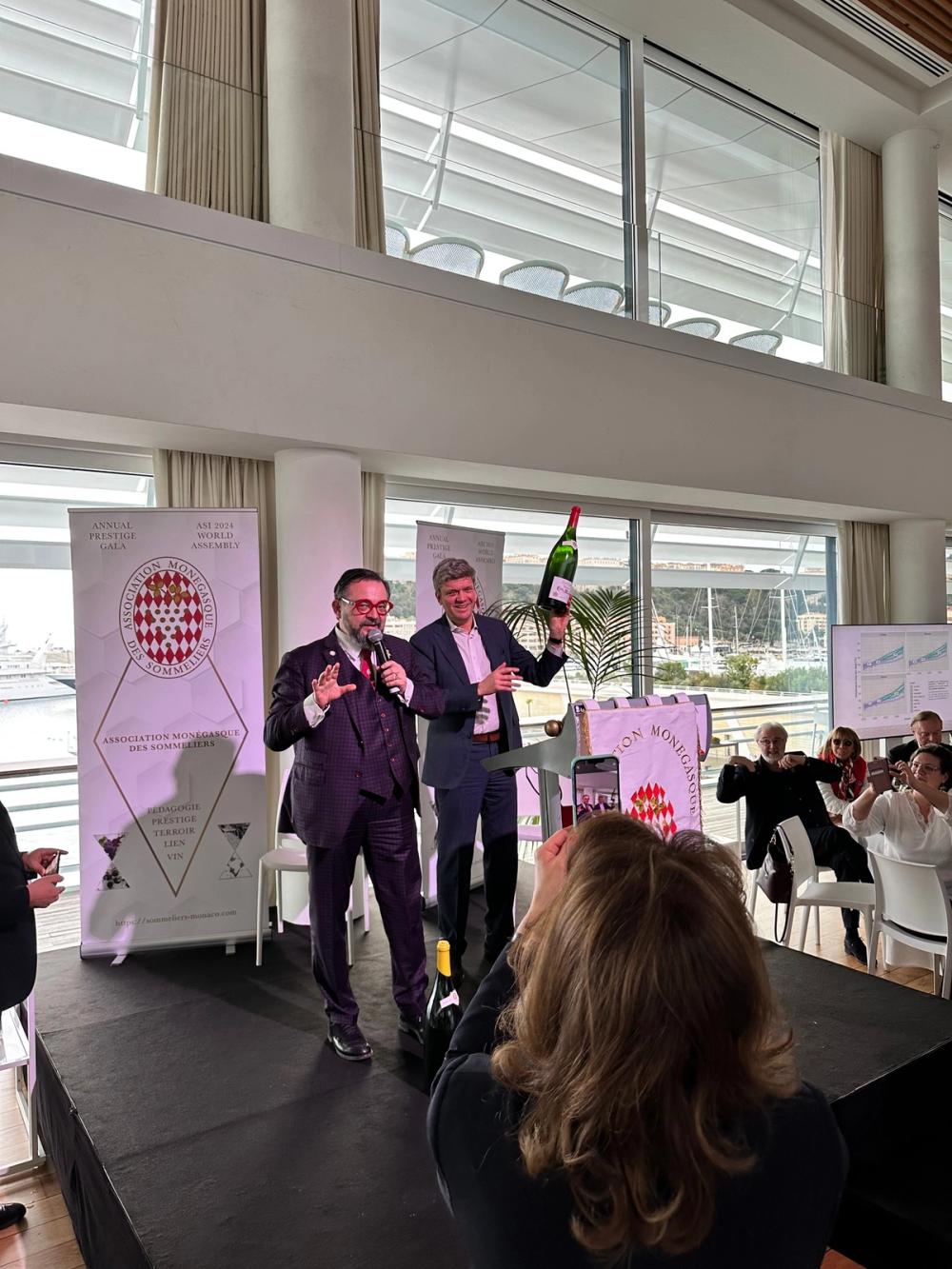
Frédéric Drouhin, chairman of Maison Joseph Drouhin, with Fabrice Sommier, president of the French sommeliers’ union
Across his working life, Drouhin told us he had seen his native Burgundy change, with the average temperature increasing by 1.2%, with it forecast to rise a terrifying 5% by 2100 unless urgent action is taken. Harvest times have moved forward around 15 days, resulting in the potential for imbalance in the grapes, whileheatwaves, which can shut down the vines, have become a regular menace, with 35 such spikes recorded over the past 20 years.
“What to do?The outlook is bleak, so do I sell my vines and buy a flat in Monte Carlo, or a yacht?Or do I stay and fight?I am a warrior, so I will fight,” he sai.
Outlining measures that he had already taken, such as banning air freight altogether and using a sailing vessel for shipping wines across the Atlantic, he spoke about the cumulative power of smallersteps towards a greater goal.
“The strategy must be first to adapt and then to look at the longer term, so we must look at what we have in our hands … looking at the successful adaptation of older vines, working our soils to protect water resources … new clones and new strains of Chardonnay and Pinot Noir.”
Being a summit for sommeliers, this particular address on a terrifying threat was also accompanied by a terrific tasting, though this was arguably an illustration of what might one day be lost, as rising temperatures present an existential threat to the classic wine regions. Drouhin offered four wines from Clos des Mouches, one of Beaune’s most highly respected Premier Cru vineyards, showcasing the reds from 2011 and 2019 and whites from 2019 and 2014, the latter a vintage badly impacted by hail, another increasingly frequent hazard.
- You can find out more about the Association de la Sommellerie Internationale at its website here.
